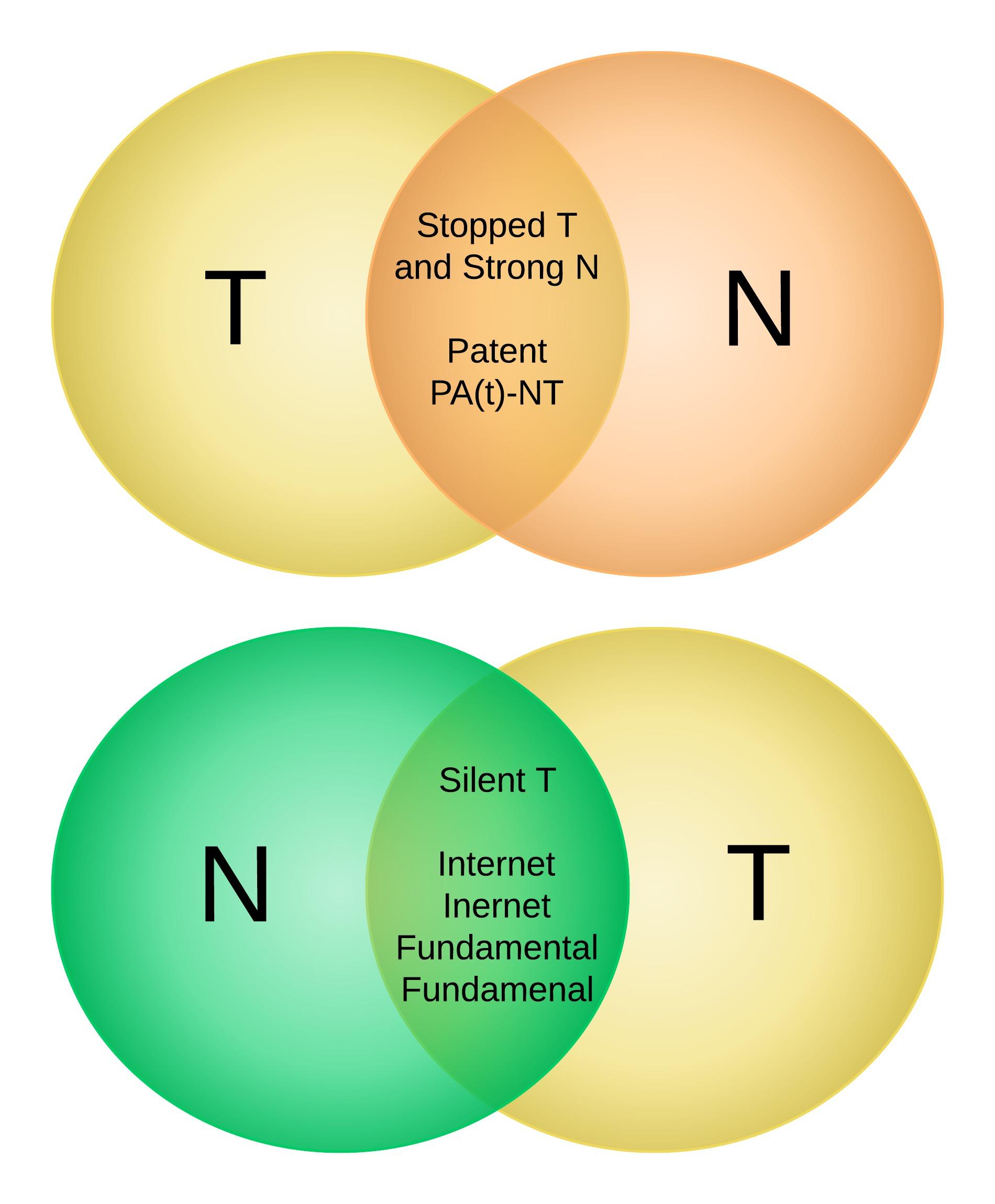750 Business Words
| www.speakmethod.com |
||
750 Business Words |
||
| Return to Main Page |
Perfect Your Pronunciation and Stress with 750 Business Words |
Sign in |
How T Changes Near N Watch Video Lesson |
 |
The T sound rules on the previous page (T = D, TU and TI) are standard American. They apply to all situations from formal to casual. The T sound rules on this page are optional. They are widely used in casual speech. The American T sound is affected by the letter N when it comes before or after a T. These T and N rules are used by people every day. And yet, most Americans will use the T sound at times when they want to be clear. T after N When T is in the middle of a word, and it comes just after N, it can be silent, as in internet, interview, enterprise or elemental. This rule also applies when words that end in nt gain an -ed or -ing ending as in wanted, pointed and accounting. T before N When T comes before N and it is in the middle of a word, there is a stopped T and a strong N, as in certainly, fountain, threaten and acquaintance. A stopped T is when the tongue goes to the T position, but only stops the sound. A stopped T in the middle of the word sounds like a small break in sound. Exception These rules will not work if T is on the stress, as in intelligent, intention or contain. How to Remember the T and N Rules Of course, asking yourself if T comes before or after N is not practical in everyday speech. Start with the words on these lists. Spend some time listening to conversations at work or on television to hear people reducing the T sounds near N. Gradually, you will develop the words that are important to your own vocabulary. When to Use the T and N Rules As stated above, Americans often use the T when they want to be clear. Yet, because American English is informal by nature, the T does not need to be used often. When giving a speech, it is best to use the T sound. In conversation, however, the T sound might be used at first and reduced later. For instance, if talking to coworkers about an interview, a person might speak the T in interview once or twice at the beginning of the conversation, and then use a silent T for the rest of the conversation. On the other hand, some people will change the T sounds all the time and only choose a T if the listener does not understand. |
750 Business Words |
T Sounds Main Page |